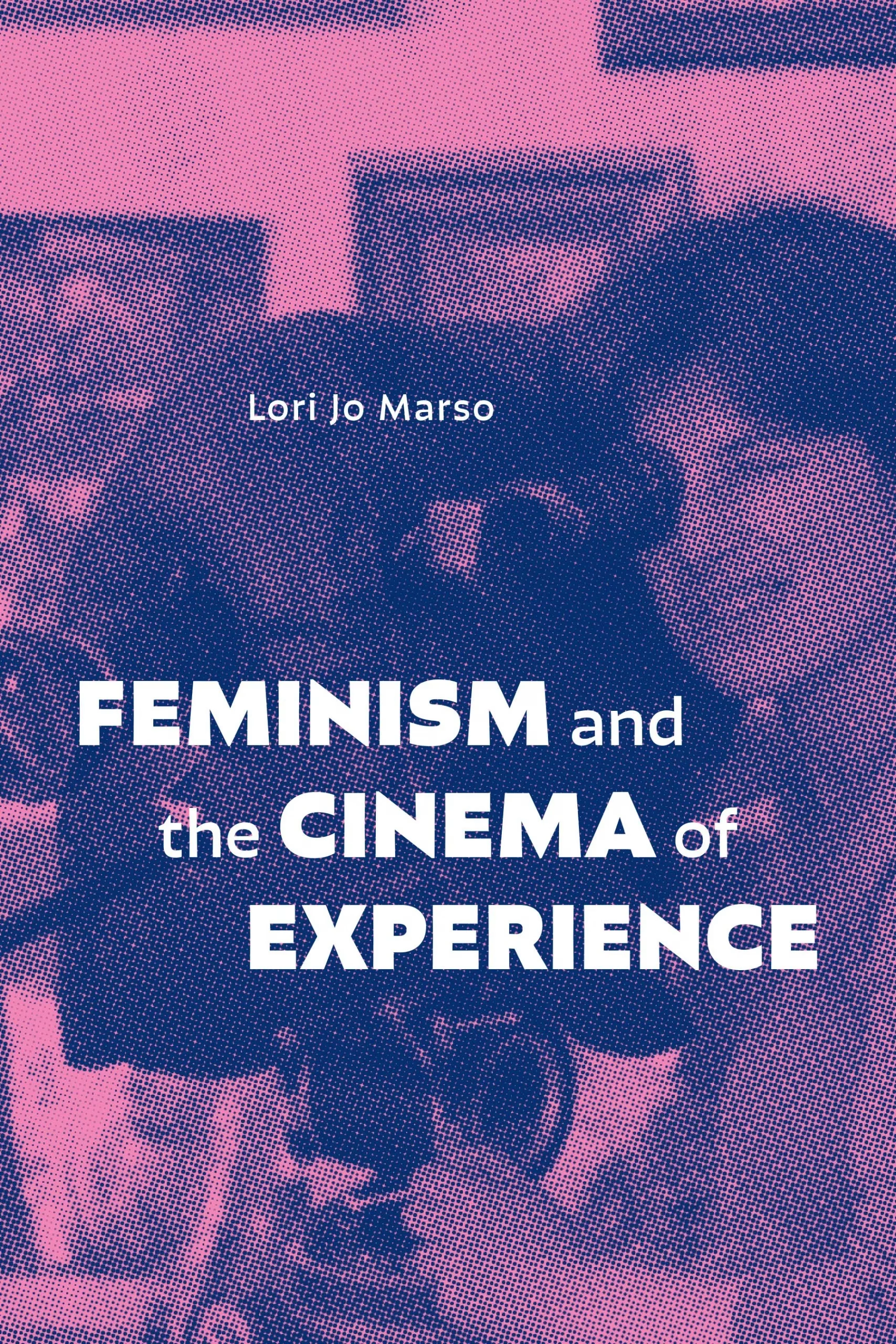Is the cinema screen merely a source of entertainment that makes us laugh, cry, or thrill? Or is it a powerful catalyst that, while making us squirm in our seats and confront uncomfortable emotions, ignites a desire to change the world? Lori Jo Marso’s profound analyses open a bold new window into the “discomforting” potential of feminist cinema.
Marso examines a broad spectrum, from avant-garde classics like Chantal Akerman’s Jeanne Dielman (1975) to mainstream hits like Greta Gerwig’s Barbie (2023). While traditional feminist film theorists and filmmakers focus on increasing racial and gender diversity or dismantling harmful stereotypes, Marso proposes something different: it’s the unsettling emotions that can spark a desire for political change! Bodily sensations like suffocation, boredom, shame, “cringe” (that gut-wrenching embarrassment), and indecision become feminist cinema’s most potent tools for transforming women’s relationships with each other and with political action.
The Art of Discomfort: Filmmakers Who Upend Our Minds
Marso’s thesis hinges on the idea that these ambiguous emotions—neither purely good nor bad—challenge and unsettle audiences, rejecting simplistic resolutions. According to her, filmmakers use these discomforting feelings to disrupt our senses, creating a space to confront and examine the political conditions of patriarchal, racist, and existential anxieties.
Drawing from Chantal Akerman’s cinematic language and Simone de Beauvoir’s phenomenological interest in the lives of girls and women, Marso analyzes the film and television works of directors like Mati Diop, Catherine Breillat, Joey Soloway, Emerald Fennell, Michaela Coel, Audrey Diwan, and Alice Diop. These filmmakers wield camera, sound, editing, and innovative narrative forms deliberately to harness “discomfort,” inviting audiences to feel feminist and sense the possibility of freedom.
Such films compel us to scrutinize our reliance on racial and colonial hierarchies, the fantastical notions of motherhood and romance, and our concepts of individualized, autonomous freedom. Marso argues that these must be left behind, as only then can we embrace a relational freedom that values care, connection, and equality.
Lori Jo Marso’s perspective urges us to see cinema not just as a storyteller but as a trigger for societal transformation. If you believe films are more than just soothing escapism—if they’re powerful tools that provoke thought, questioning, and even discomfort—Marso’s insights will resonate deeply. The unease you feel on the screen might just be the spark of change in your mind. Who knows?














